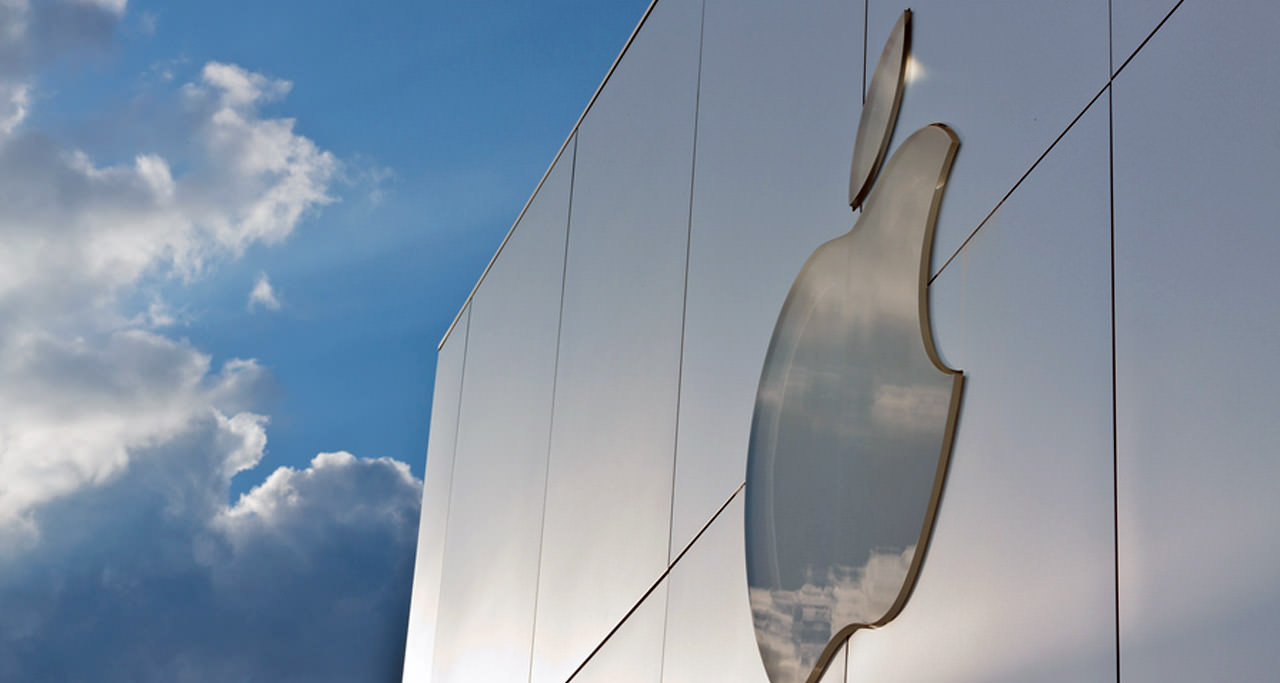Apple is synonymous with computers, smart phones, tablets, apps and iTunes. It’s record-shattering profits in recent years rely on the sale of these gadgets and services. But an increasingly big part of Apple’s business since the mid-2000s has been finding places to profitably stuff the massive piles of cash the company is sheltering in its offshore (Ireland and elsewhere) and onshore (in Nevada) tax havens.
Apple has more than $120 billion in cash under management, a sum about equal to the world’s largest hedge fund, Bridgewater Associates. Executives say they can’t repatriate all this money because that would require paying a 35 percent corporate income tax rate. As a result Apple has become a tech company with an immense investment management operation overseen from its Cupertino, California, headquarters.
| There’s not a single asset manager with larger holdings than Apple. |
It’s worth putting this in perspective: Apple’s total assets under management dwarf all of the more well-known private equity and alternative asset management firms that basically have the same job. There’s not a single asset manager with larger holdings than Apple.
CBRE Global Investors, the world’s biggest real-estate fund with land and buildings scattered around the world, claims $90 billion under management, short by $30 billion of Apple’s riches. The world’s biggest private-equity fund, TPG claims to manage $54 billion in investments across hundreds of companies, but it’s not even half of Apple’s treasure. Apple’s cash and securities holdings are twice as big as the Gross Domestic Product of Ecuador, and roughly equivalent to one year of the total economic output of Vietnam.
Unlike hedge funds and private equity firms, which routinely make risky investments in search of high yields, Apple’s money managers appear to be more conservative. They eschew derivatives for the most part. Instead Apple reports owning $19 billion in U.S. mortgage debt, another $11 billion in mortgage and asset-backed securities, and even $5 billion in municipal and state debt. Like it’s other investments, the purpose here for Apple is to hold safe securities that are highly liquid; if it needs to create cash it can readily sell U.S. mortgage bonds or state notes.
Apple’s investment appetite includes a whopping $46 billion in corporate securities, probably including many of its competitors through indexed portfolios. It’s not clear if this is entirely stock, or if it includes corporate bonds. It’s almost certain that Apple owns either debt or equity in its main competitors like Samsung, because Apple owns $2.3 billion in mutual fund shares as of last year. (All of these figures are according to Apple’s 2012 “Annual Report” filed with the Securities and Exchange Commission.)
Truth be told, little is known about how Apple places its billions in tax-sheltered cash. Almost nothing is known about Braeburn Capital, Apple’s subsidiary in Nevada where it enjoys a zero percent corporate income tax rate. It keeps its high-desert money manager under wraps, much like it does its international “ocean money” firms: Apple Overseas Investments, Apple Sales International, and Baldwin Holdings.
Braeburn is housed in a nondescript office building in Reno off Sandhill Road. In the Silicon Valley town of Menlo Park, there’s another Sandhill Road famous for dozens of venture capital firms and a few hedge-fund operations. Menlo Park’s Sandhill Road is where Silicon Valley’s elite funnel their millions for investments in pharmaceutical makers, tech startups, real estate developers, and other schemes. Apple’s obscure Nevada money management operation is by far bigger than any along Menlo Park’s venture-capital drag.
| Today, sections of Apple’s annual report read more like the balance sheets of an investment bank than a computer maker. |
It wasn’t always this way.
Just six years ago, the company could still be plausibly classified as purely a computer maker. Braeburn Capital appears to have been created in 2006 when the company was on the cusp of its massive growth spurt thanks to the iPhone. By 2010, Apple had built an investment portfolio worth $51 billion. That expanded to $81 billion in 2011, and ballooned up to $121 billion last year.
In 2012, Apple earned over $1 billion simply on capital gains. The stock market’s bull run, and the rise of home prices, have surely boosted the asset-side of Apple’s ledger over the past three years.
Today, sections of Apple’s annual report read more like the balance sheets of an investment bank or insurance company than a computer maker. Apple has so much tax-deferred wealth tied up in financial markets that it finds it necessary to warn investors about risk.
Indeed, a bad year for iPhone sales, or the failure to launch a new product would impact Apple’s earnings and share price. But it’s worth wondering what might happen if the stock or housing markets tanked again.
Darwin Bondgraham is a sociologist and journalist who writes about political economy. His writing has appeared in Counterpunch, Truthout, Z Magazine and others. Follow him @DarwinBondGraham.



0 Comments